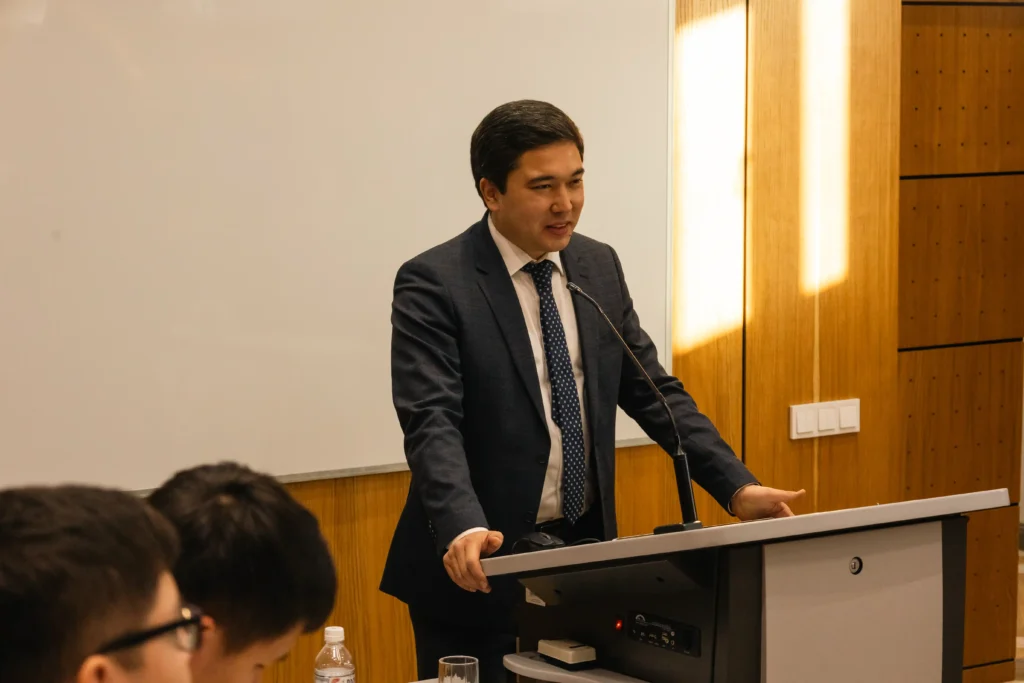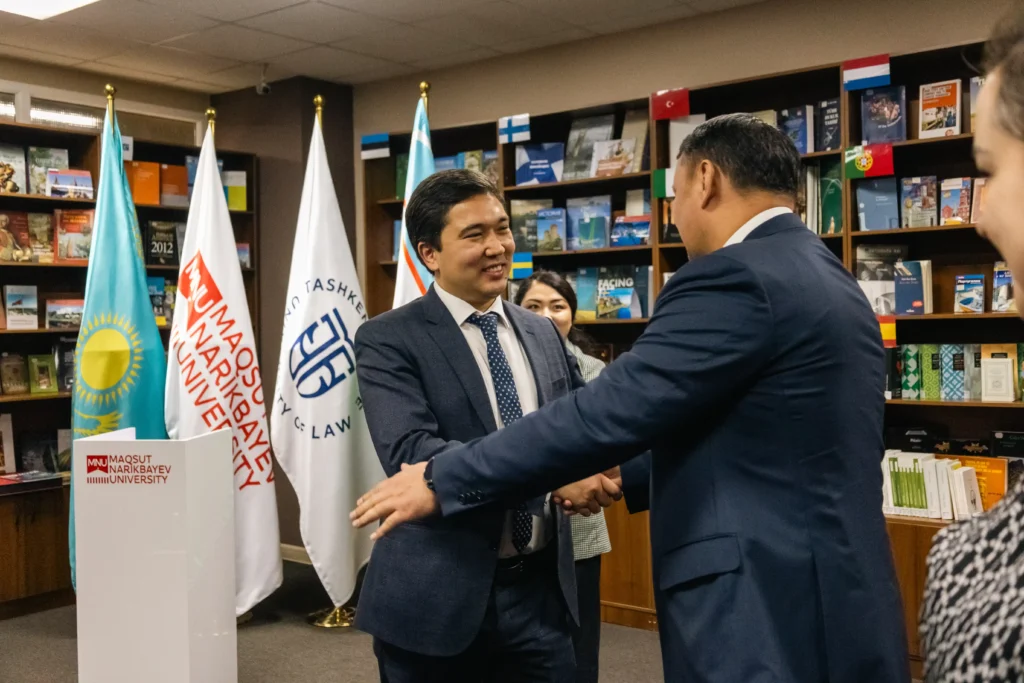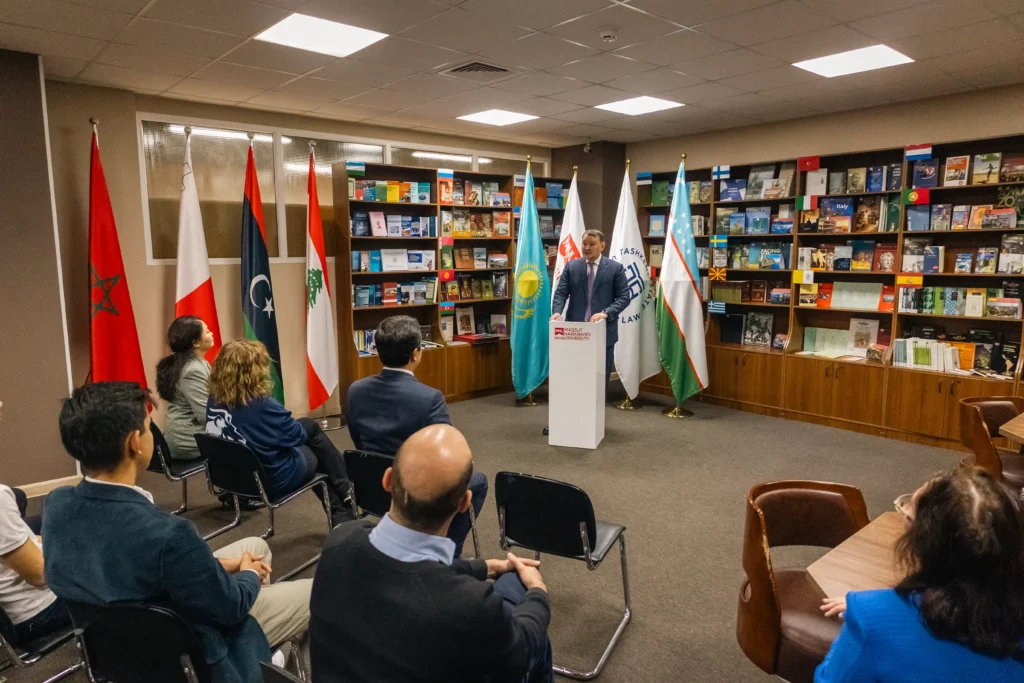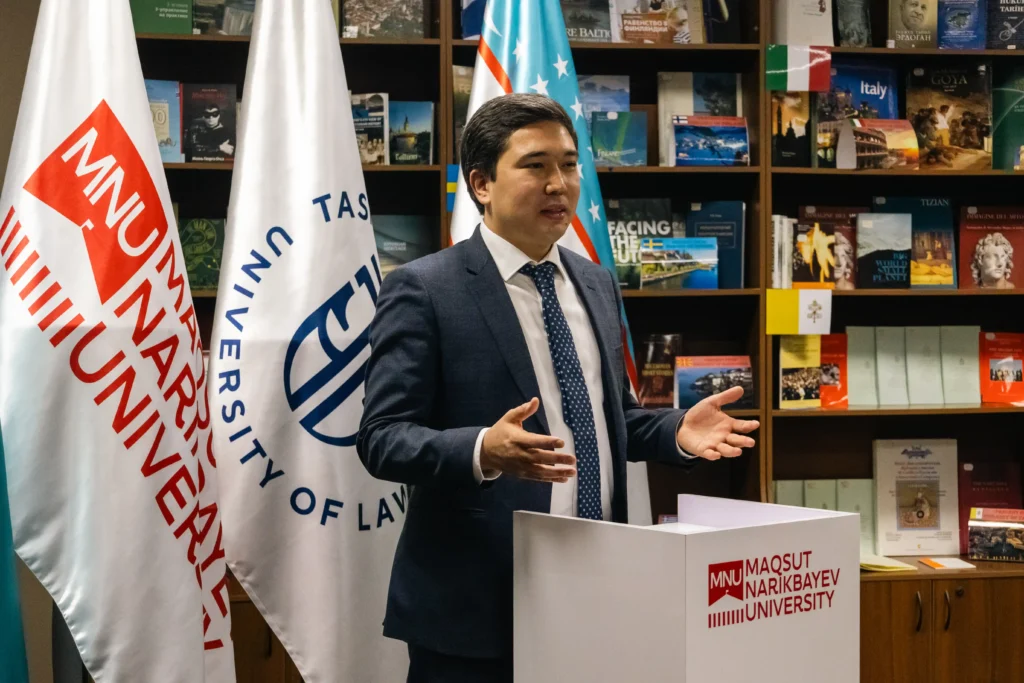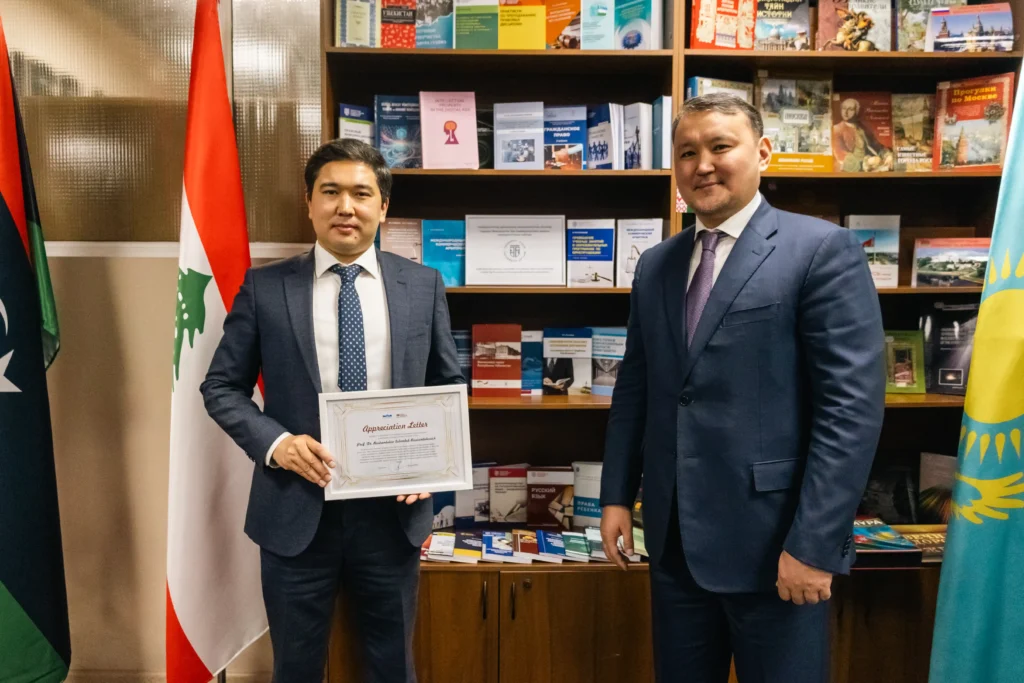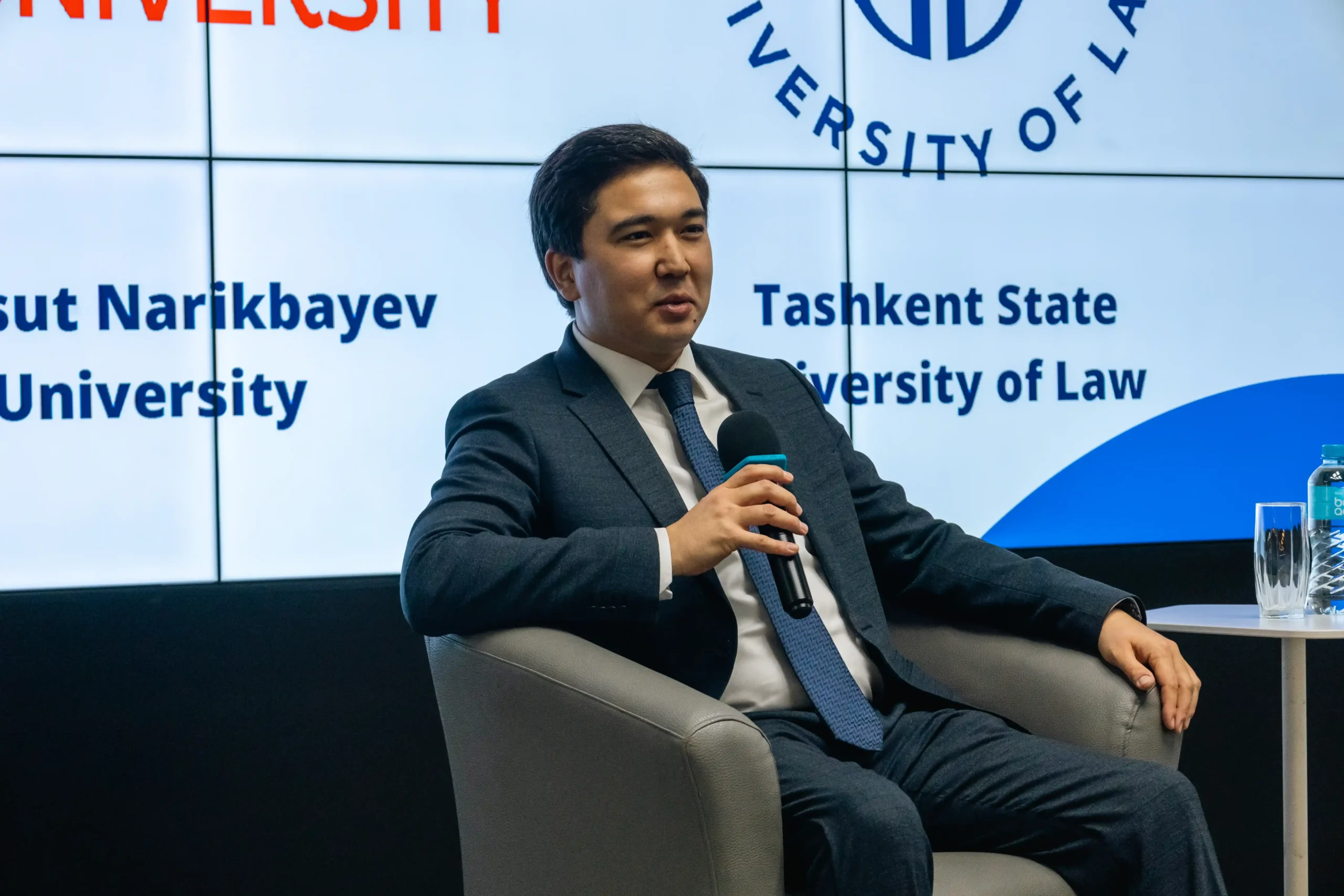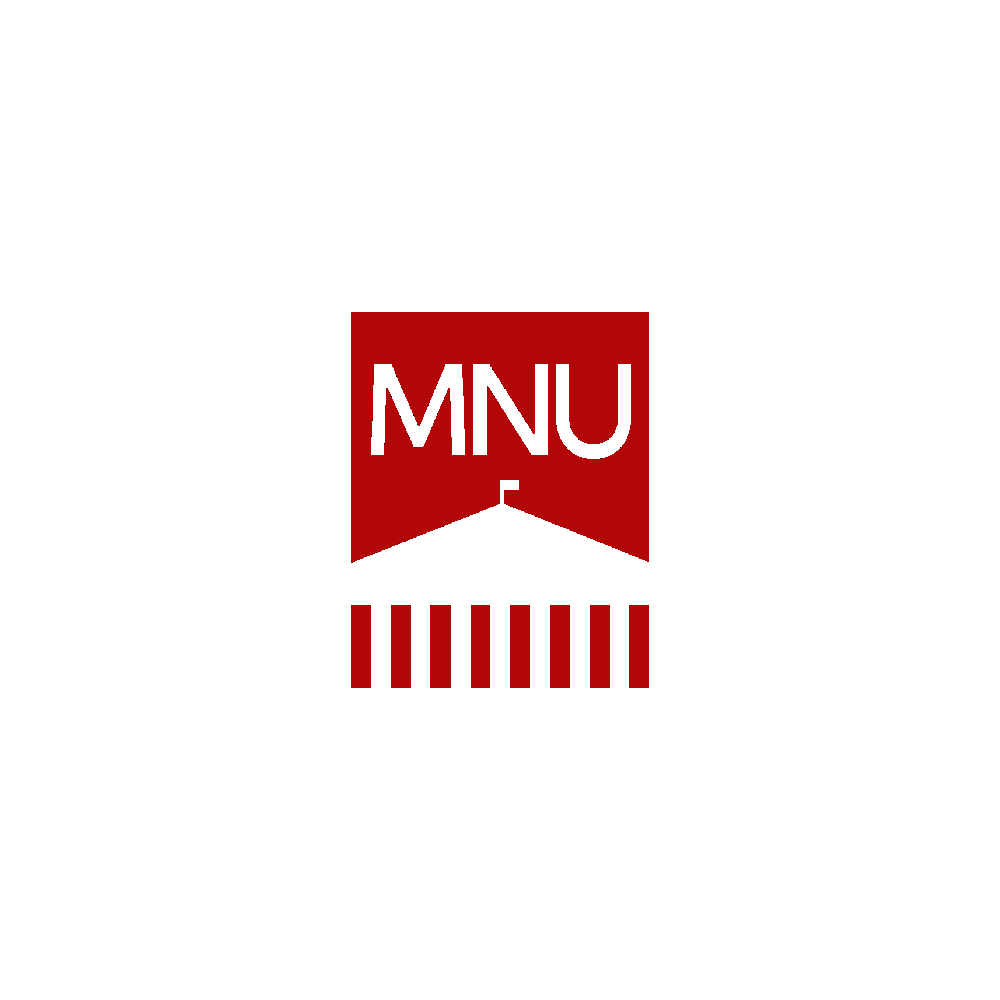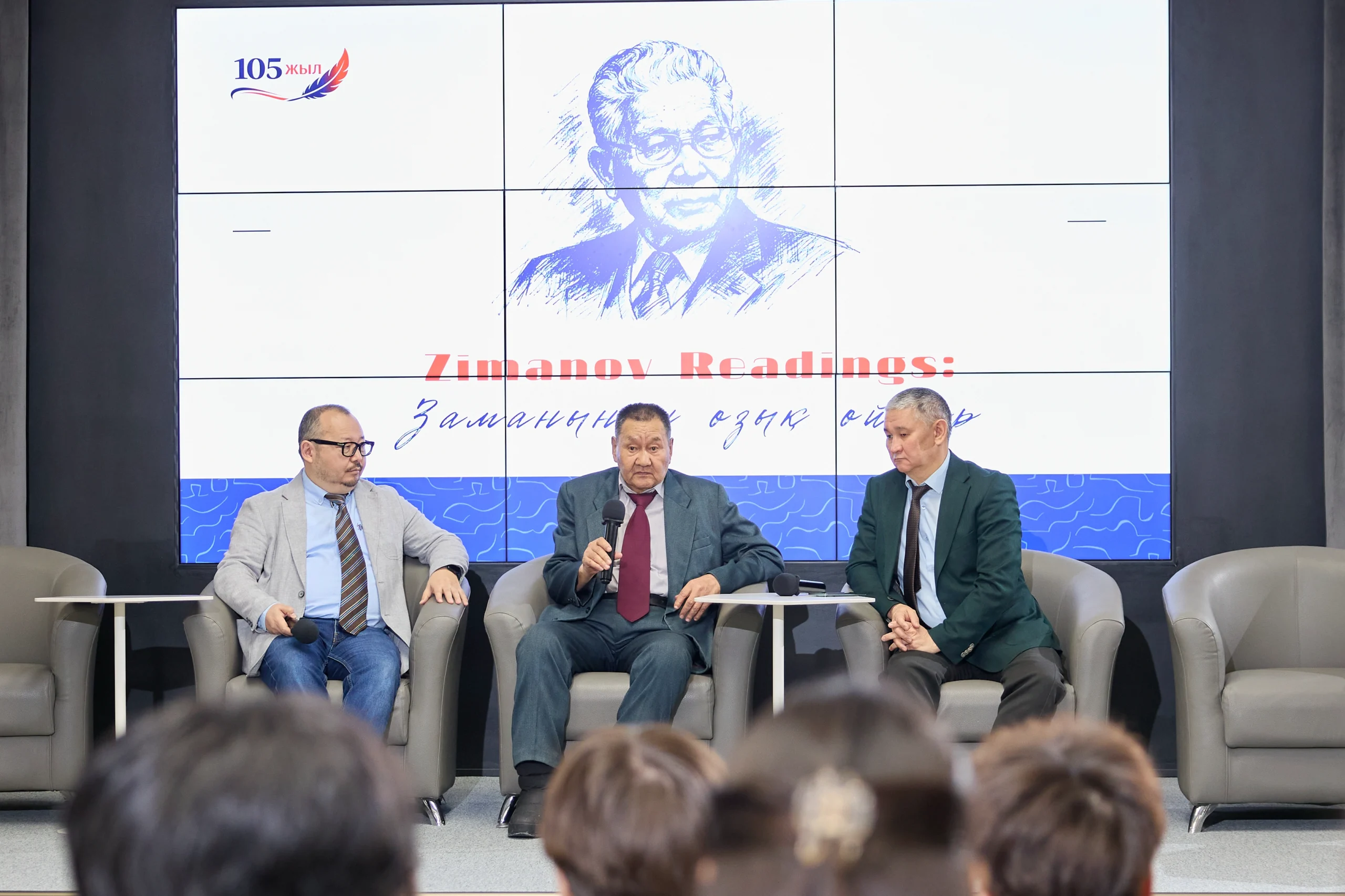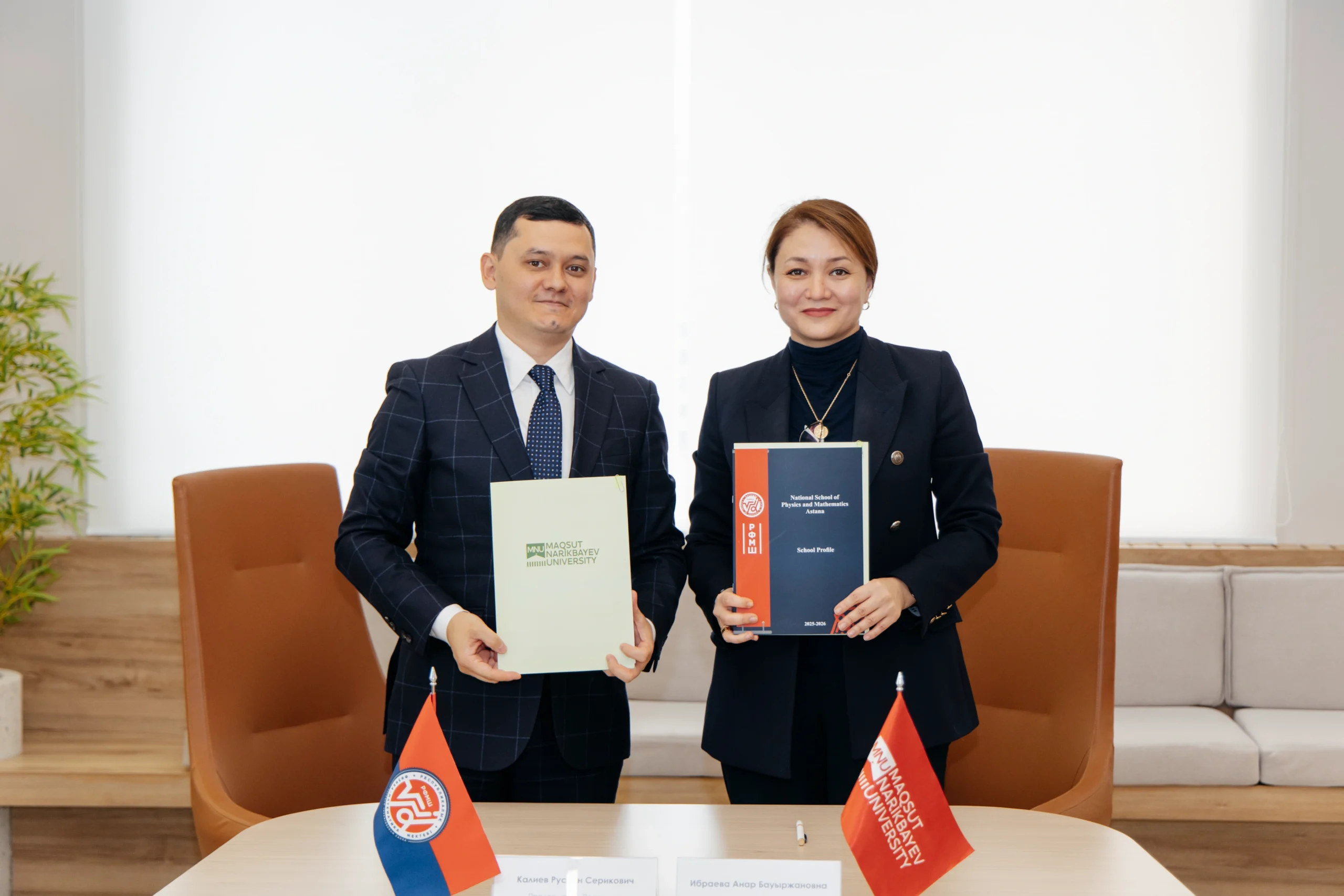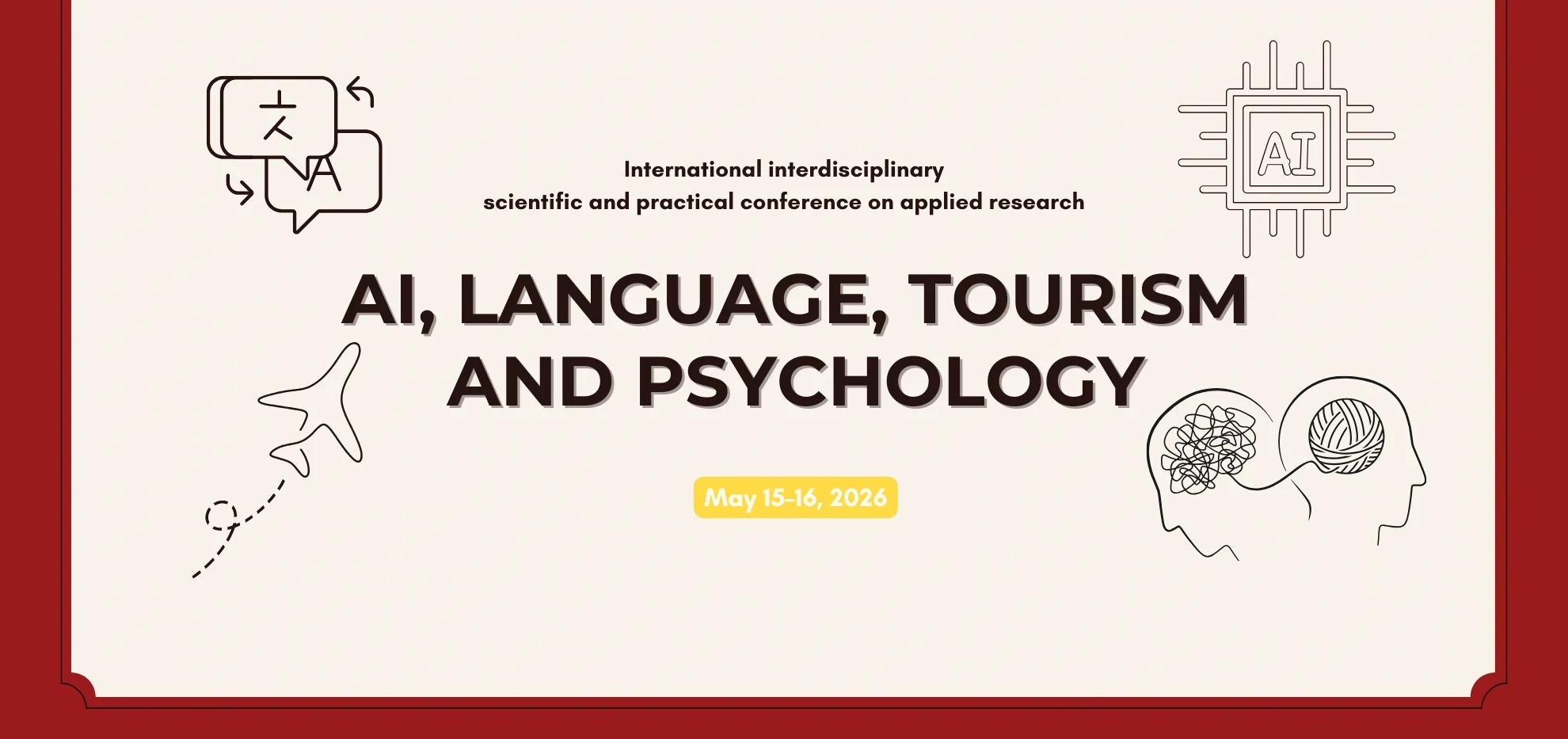From November 25 to 27, 2024, the Acting Rector of Tashkent State University of Law (TSUL), Islambek Rustambekov, visited Maqsut Narikbayev University (MNU). During the visit, Islambek Rustambekov held a series of strategic meetings, the main goal of which was to promote and develop the dual degree educational program in “International Law,” implemented by the two universities for the past five years.
In addition, Islambek Rustambekov delivered a guest lecture for students of the Law School on the topic of International Commercial Arbitration. As a recognized arbitrator for prestigious international arbitration institutions (the International Centre for Settlement of Investment Disputes (ICSID), the Hong Kong International Arbitration Centre (HKIAC), the Asian International Arbitration Centre (AIAC) in Kuala Lumpur (Malaysia), the Delos Independent Arbitration Institute, and others), Islambek Rustambekov shared the most interesting cases from his practice, receiving an active response from the students. Future lawyers were interested in the specifics of how arbitration institutions function, career growth opportunities in this field, as well as Islambek Rustambekov’s advice on building a personal brand on the international stage.
During the visit, Islambek Rustambekov also met with TSUL students studying at MNU under the dual degree program. The students showed a lively interest, inquiring about further academic opportunities at the University and career prospects, and after being convinced of the quality of education at MNU, they proposed several initiatives to promote the program in Uzbekistan for wider popularization.
An important event was the opening of the TSUL zone in the MNU Library. Professor Rustambekov donated more than 30 legal books to the library, some of which were authored by him personally. These books significantly enriched the university’s library collection and were highly appreciated by both students and faculty.
As a result of the visit, a number of agreements were reached regarding the further implementation of the dual degree program, the creation of a partnership infrastructure with partner universities, and the increase in the number of students and faculty in international mobility programs.
